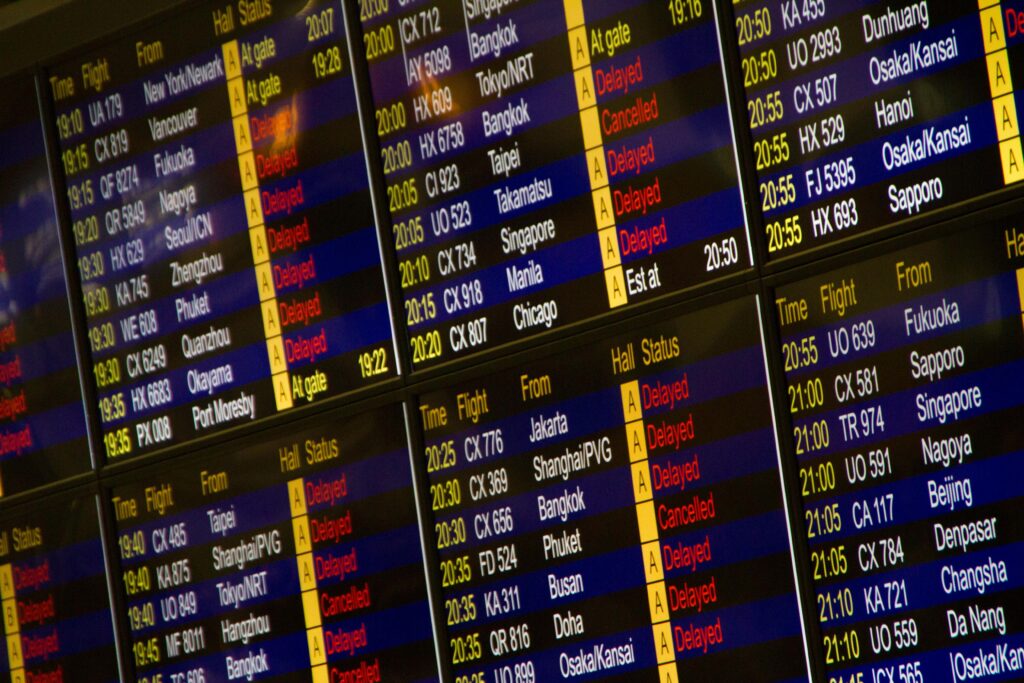A new proposal from the European Union (EU) is causing concern among air passengers by suggesting significant changes to the regulations governing compensation for flight delays. The plan proposes that compensations should not be granted to passengers until their flights experience delays of five, nine, or twelve hours, depending on the distance of the flight. This change, which would replace the current three-hour threshold, has raised alarms among consumers who could see their rights to claim compensation for inconveniences reduced.
The revision of this regulation stems from a proposal presented in 2013, which did not begin to be debated until the end of last year. In 2024, over 287 million passengers were affected by cancellations and delays, and this trend is expected to continue to rise. For two decades, Regulation EC 261 has been the framework protecting the rights of passengers in these situations, but now, under pressure from various interest groups in the aviation sector, it could undergo changes that may be detrimental to European travelers.
Tomasz Pawliszyn, CEO of the travel technology company AirHelp, warns that the original three-hour limit provides a fair balance between passenger protection and airline obligations. With the new proposals, the focus seems to be on easing the financial burden on airlines, allowing them to only compensate passengers after longer delays.
Pawliszyn argues that, if these changes are implemented, Europe could lose its leadership position in the tourism sector. While other regions such as the UK, Canada, and the United States are adapting their regulations based on EC 261, the changes proposed by the EU could leave European consumers at a disadvantage. Additionally, the lack of uniformity in passenger rights across different jurisdictions could add confusion for travelers.
The objective behind these measures seems to be to allow more delays and reduce the compensations that airlines must pay. According to the International Air Transport Association (IATA), the aviation sector is expected to generate revenues of 940 billion euros in 2024, a significant increase from the previous year, while the cost of compensation per passenger ranges from 0.58 € to 1.17 €.
Pawliszyn also mentions that, despite airlines’ claims about the burden of this regulation, no company has provided concrete data to support those claims. The current three-hour rule has led airlines to optimize their operations, contributing to a more efficient use of airport infrastructure and reducing CO₂ emissions associated with additional flights.
The potential effects of the proposed changes would be drastic, as over 80% of currently delayed flights would not meet the necessary conditions for compensation. This could leave passengers unprotected, removing the incentive for airlines to work on minimizing their delays. The situation sparks an ongoing debate about the balance between consumer rights and the sustainability of the aviation sector.
via: MiMub in Spanish











